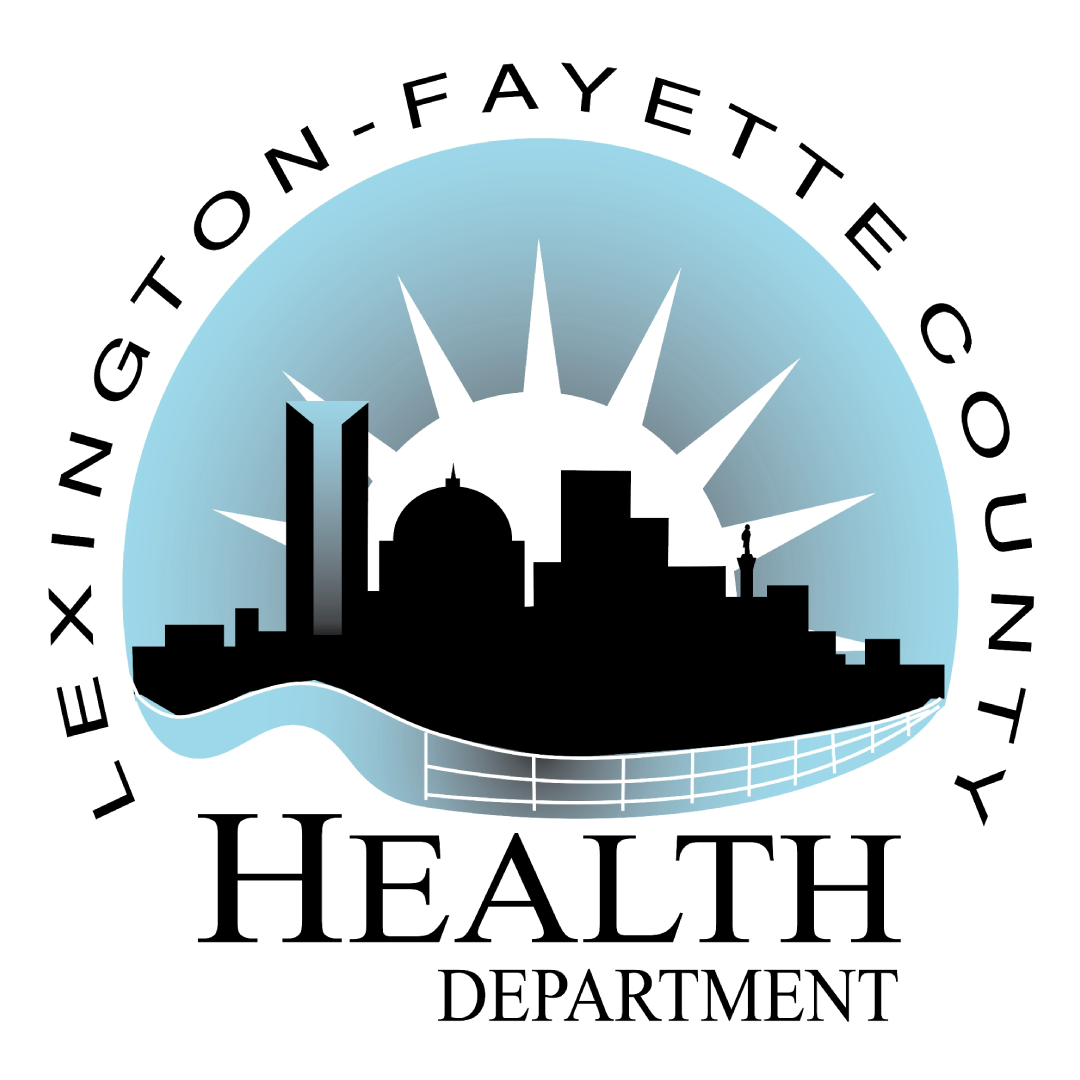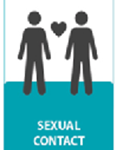Herpes
What is Herpes?
A highly contagious sexually transmitted bacterial infection characterized by painless sore on the genitals, rectum or mouth.
Herpes, also known as herpes simplex virus (HSV) is a common sexually transmitted infection (STI) that is caused by a virus. There are two types – HSV1 or oral herpes (cold sores or fever blisters), or HSV2 or genital herpes. Herpes is managed with anti-viral medications that reduce the frequency and severity of outbreaks but is not curable.
How is it spread?
HSV1 is spread from person to person through oral contact (kissing) and saliva. HSV2 is spread by skin-to-skin contact which takes place during sexual activity such as anal, oral, and vaginal sex or by sharing unclean sex toys. Oral herpes can be spread to the genital area, and genital herpes can be spread to the mouth. Women are at higher risk of getting herpes than men. A pregnant woman can give the infection to her baby during childbirth. Herpes very rarely infects the unborn baby.
Herpes can cause infections of the mouth, nose, face, fingers, eyes, genitals, brain and spinal cord, skin on other areas of your body, or on other organs.
Who is at risk for herpes?
Anyone who is sexually active or shares unclean sex toys can get herpes. Risk factors for herpes include:
- Being female.
- Having a partner who has the disease but is not taking medicine.
- Anyone with new or multiple partners.
- Anyone older.
- Men who have sex with men.
- Transgendered women.
- Anyone not using a condom or incorrect usage.
- Anyone Black.
- Anyone with a partner who has other partners.
- Anyone who infrequently tests for infections.
How can I lower my risk of getting herpes? 
Everyone can lower risk of infection by practicing safe sex.
- Avoid oral, close contact and sexual contact with someone who has the infection or is recovering.
- Always use a condom. Condoms used properly reduce but do not eliminate risk.
- Maintain a monogamous relationship with someone who has been tested and does not have an infection.
- Reduce number of partners. Having multiple partners greatly increases risk of infection.
- Talk to your partner and healthcare provider about your sexual activity.
- Get tested regularly.
What are the symptoms of herpes?
Herpes causes painful, fluid-filled blisters in or around the mouth or in the genital area. Sores form where the infection entered the body. Symptoms appear about 2 to 12 days after exposure to the virus. Sores break open and may ooze or bleed. After 4 to 6 days, scabs form and the sores begin to heal. During the initial outbreak, fever, headache, body aches or swollen lymph nodes are common.
Symptoms will show up again and this is called a recurrent outbreak. More outbreaks occur during the first year of infection and lessen over time. Symptoms during recurrent outbreaks usually are less severe and don’t last as long.
Your body may give you warning signs that an outbreak is coming such as numbness, itching, tingling or shooting pain where the outbreak will occur. Taking a prescription anti-viral medication as soon as you experience warning signs or within 48 hours of symptoms is most helpful in treating the outbreak.
Outbreaks may be triggered by stress, fever, changes in hormones (menstruation), sun exposure, upper respiratory infection, or mouth trauma. Outbreaks may also occur without any trigger.
Herpes is highly contagious. It is possible to carry the herpes virus in your body and not know it until symptoms happen. This is why regular testing is so important.
Anal symptoms |
Mouth, throat or facial area symptoms |
Symptoms in people with a penis |
Symptoms in people with a uterus |
| * Pain when peeing | * Redness, swelling, heat or pain in the mouth or throat | * Pain when peeing | * Pain when peeing |
| * Fever, headache, or swollen lymph nodes | * Swollen lymph nodes | * Fever, headache, fatigue, or swollen lymph nodes | * Fever, headache, fatigue, or swollen lymph nodes |
| * Sores around anus | * Painful sores in the back of the mouth, gums, tongue, or on the roof of your mouth or throat | * Discharge from penis | * A change in vaginal discharge |
What test is done to diagnose herpes?
At the Lexington-Fayette County Health Department STI Clinic, herpes is diagnosed by taking a swab from an open blister. The sample is sent to a lab and results are provided within a few days. All partners of a person diagnosed with herpes should be tested.
Full STI testing (chlamydia, gonorrhea, herpes, syphilis, trichomoniasis, and HIV) is recommended for all people who are sexually active. Full testing is recommended with every new partner.
Schedule an appointment at Lexington-Fayette County Health Department’s STI Clinic
Lexington-Fayette County Health Department operates a specialty STI Clinic that will test, diagnose and treat those exposed to or with current STIs.
What is the treatment?
Antiviral medications taken by mouth are prescribed to treat herpes outbreaks.
- Acyclovir
- Valacyclovir
- Famciclovir
 Refrain from all sexual activity (including oral sex) until all blisters are completely healed to avoid spreading the infection.
Refrain from all sexual activity (including oral sex) until all blisters are completely healed to avoid spreading the infection.
What happens if I don’t get treatment?
 Herpes stays in your body for life and treatment provides relief of symptoms. Untreated herpes rarely causes complication in people with fully-functioning immune systems. Complications may occur in people living with compromised immune systems.
Herpes stays in your body for life and treatment provides relief of symptoms. Untreated herpes rarely causes complication in people with fully-functioning immune systems. Complications may occur in people living with compromised immune systems.
Untreated herpes increases your chances of getting other sexually transmitted diseases including HIV.









